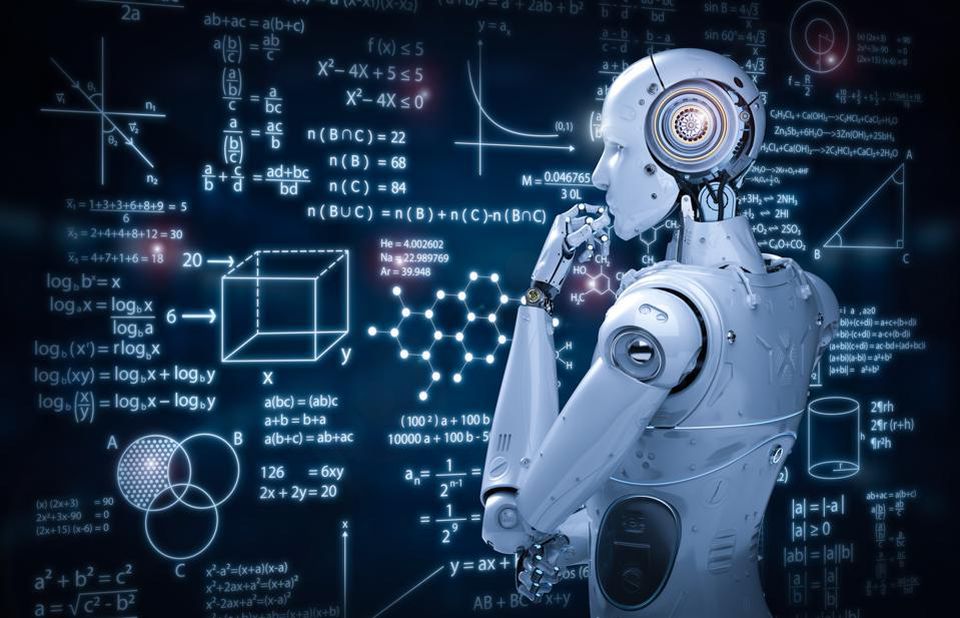5 Roles for Artificial Intelligence in That Will Impact on Education
Artificial intelligence has a special place in human innovations because it is an extension of our intelligence. And as many say, our intelligence is what makes us human. Artificial intelligence is a branch of science that studies and produces machines that simulate and assimilate human intelligence.
The main objective of AI is to optimize the routine processes of human intelligence. As a result, AI machines have improved speed and efficiency, which can greatly impact fields like education, security, and so much more.
While self-aware robots haven’t yet been brought into existence, scientists have made great strides with AI technology. Besides, resources like domyhomework123.com ensure students get all the help they need with their academics. The smart use of this technology in a wide range of applications still changes our day-to-day lives.
One place where AI technology is making big changes is in education. We might not yet see humanoid robots educating students, but there are many learning projects benefiting from the implementation of this resourceful technology. Here are just a few of the ways AI is impacting education.
1. Artificial Intelligence Can Automate Basic Activities in Education
Grading assignments and tests for large courses can be exhausting even for the most hard-working professors. Students have assignment writing service in UK to help with assignments, it’s only fair that educators had help marking papers. Even if the work is split among different lecturers, it takes time before they can give students their results.
Educators have had a hard time going through assignments even in high school and primary. Rather than spending all this time going through papers, learning institutions are incorporating AI for automated marking of papers. When these basic education activities are taken care of, educators can focus on the students’ progress.
2. Educational Software Can Be Adapted to Student Needs
From elementary school to college, AI technology has played an essential role. Learning institutions are now in a position to achieve greater levels of individualized learning. The growing numbers of adaptive learning programs are proof that more institutions see the benefit of meeting students at their point of need.
While conventional learning has been around for eons, it doesn’t hurt to approach learning through games and pieces of software. Hybrid learning system ensures that no student in left behind. Teachers are more fulfilled knowing that each student’s needs are catered to.
3. It Can Point Out Places Where Courses Need to Improve
Wouldn’t it be great if educators could instantly tell how they can improve a course or the entire curriculum? Well, due to the introduction of AI technology in education, now it’s possible. AI can point out places where courses need to improve.
Identifying the gaps in educational programs ensures that learning institutions do more to prepare students for the job market. Now, even online course providers are using AI to improve their offerings.
An excellent way of determining that a course needs to be more extensive is when a large number of students always seem to submit the wrong answer to specific homework assignments. If a learning institution has an AI system in place, it will notify the teachers about this problem. Educators can then do more research and explain concepts better to ensure each student understands the learning material.
4. Students Could Get Additional Support from AI Tutors
Human tutors are undoubtedly talented and capable of catering to the needs of students. There are things that machines can offer that human tutors can’t. Because of this, the educational sector is contemplating introducing machine tutors.
This is not to say that human tutors will completely be phased out. Instead, we see a future where hybrid learning will be adopted to give students the best of both worlds. AI machine tutors can definitely help students with mathematics and other technical subjects because let’s face it, machines exist in zeros and ones.
Students need more comprehensive explanations on different subjects because, at the moment, many students struggle with the fundamentals of different concepts. Exposure to machine educators will allow students to adapt high order thinking and nurture the creativity required for problem-solving.
5. AI-driven Programs Can Give Students and Educators Helpful Feedback
Lastly, including AI in the education sector ensures that students and educators get helpful feedback. Feedback is an important part of learning because it sheds light on areas where students and teachers need to improve on. In addition, AI driven feedback can also benefit safety educators by providing proactive security when used in conjunction with technologies such as school security cameras and door locks systems.
Conclusion
There you have it, five roles artificial intelligence plays in the education sector. The incorporation of innovative technologies in the education sector ensures that teachers can cater to the needs of all students.


























